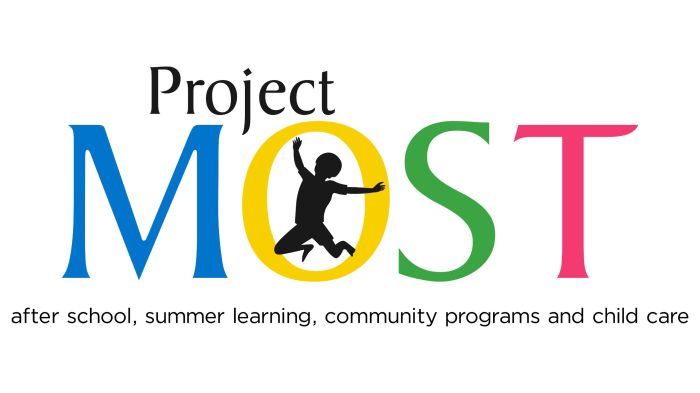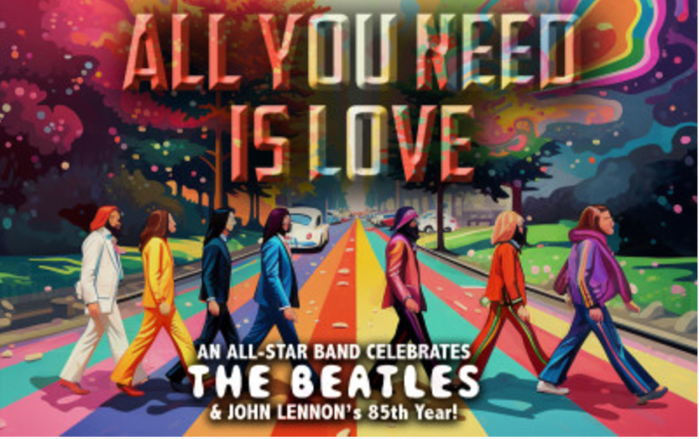 Do any adults keep a diary anymore? Historians can get a real glimpse of life on the prairie or follow the travels of immigrants as they crossed the Atlantic and settled in tenements in New York City, and how moving and invaluable were the diaries of those persecuted — perhaps the Diary of Anne Frank is the most well known among these.
Do any adults keep a diary anymore? Historians can get a real glimpse of life on the prairie or follow the travels of immigrants as they crossed the Atlantic and settled in tenements in New York City, and how moving and invaluable were the diaries of those persecuted — perhaps the Diary of Anne Frank is the most well known among these.
Yesteryear diaries were commonplace because there was little else to do at the end of a day — no television or internet. There were no nighttime games (outdoor lighting may have been non-existent or relegated to some gas lamps) so most people settled in for the night and spent some time committing their thoughts and experiences to their diaries.
While this practice is uncommon these days, I’d like to suggest that a new form a diary has evolved over the last couple of decades: online postings. It started with email. I have made it a practice to save and backup and eventually printout emails from family members. They are treasure troves of our life experiences and even the mundane ones hold memories of our changing world. When my dad wrote in 1987, “Your mother sent me to Waldbaums today because blueberries were on sale” that one sentence recalled : (a) my late mother’s relationship with my dad (b) her frugal love of a sale (c) that Waldbaums was a store where they shopped (remember Waldbaums?) (d) There was a blueberry pie about to be baked — and I can remember how it tasted.
If you have old e-mails still stored in your computer, I suggest taking some time to retrieve and save them in some form — they might not seem like much now, but in a decade or so, they’ll have a value we don’t suspect at this time.
The more robust “diary” that now exists can be found in social media sites such as Facebook, Instagram, etc. People not only post what they are doing, but they post photos of them doing those things. It’s good practice to download these to a more permanent place, for one day our online sites might no longer be available to our relatives. Can you imagine how valuable your posts will be to your great-grandchildren decades from now?
Of course you might be tempted to edit the emails or social posts. Did you ever write or post something that was nasty, prejudiced, or otherwise judgmental and unkind? It’s good practice to stop doing that — for if we pass these on to the next generation, these things will define us in the memory of our descendents.
Even if we edit them out, our contemporaries are reading these things now and might I suggest: “We are what we write”? I must admit that I’m sometimes chagrinned when I read some of the things that faithful church-goers post on their social media sites. Have I not been preaching kindness, love-for-neighbor, and “doing-unto-others” enough? At least let our mothers’ words guide our postings: “If you can’t think of something nice to say, don’t say anything at all.”
While paper diaries are no longer in common use, it would be good to take some time each month to save the internet snapshots of our lives to paper. Consider this: the Levittown Tribune has two ways to access articles: online and the printed paper. If the website ever went away, that material could be lost forever. But the printed paper would be available for researchers for decades to come.
And one more thing: if you get busy now in reclaiming old e-mails and posts, you might have hit upon a really nice gift for relatives this coming holiday season.
































